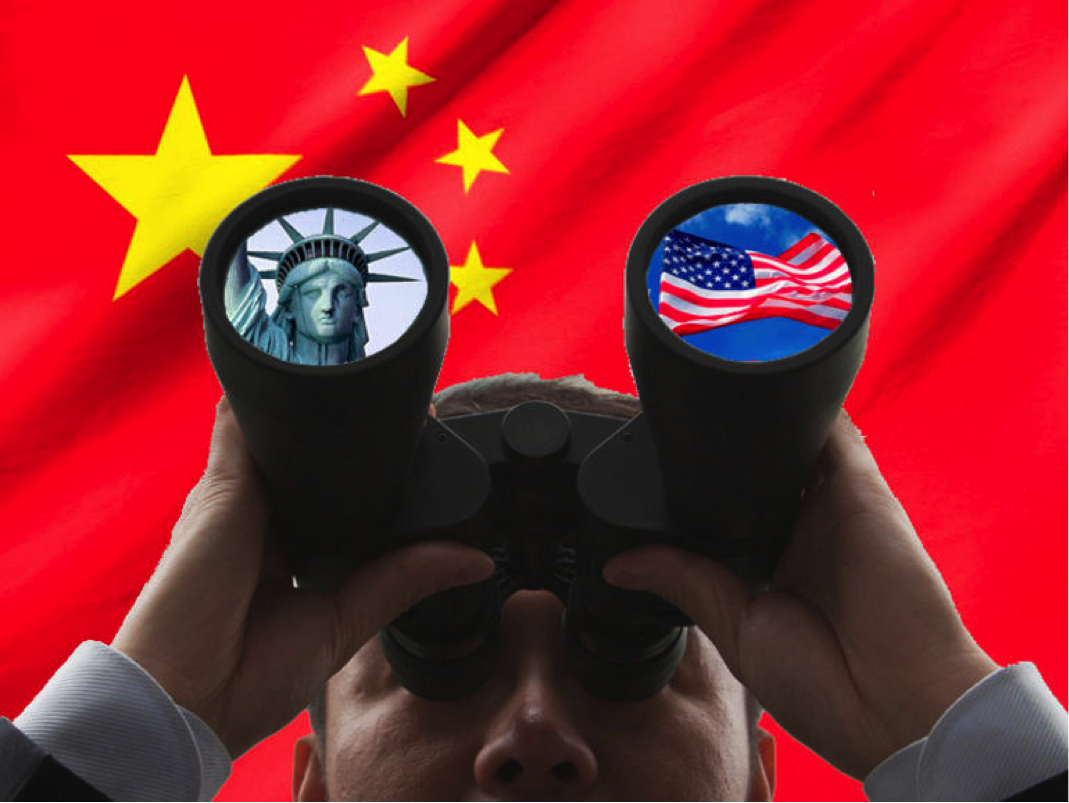Can Huawei Compete with US Giants?
Huawei has become almost synonymous with Chinese competition against American tech companies. The phone telecommunications giant manufactures and sells smartphones, among other consumer electronics, as…
Huawei has become almost synonymous with Chinese competition against American tech companies. The phone telecommunications giant manufactures and sells smartphones, among other consumer electronics, as well as other, less consumer-oriented, telecommunications equipment. Huawei, pronounced similarly to “wah way,”has had a difficult time breaking into the American market. Fears over national interests influencing Huawei, paired with a perception of foreign competition, give Huawei a bad rap within the US. Currently, the company finds itself enshrouded in scandal as allegations of corporate espionage have run rampant.
Based in Shenzen, which has been called the Silicon Valley of China, this company is among the ranks of China’s tech companies and is expected to rival our own. Huawei is currently the second largest telecommunications companyin the world, behind Samsung, and has even held its own globally against Apple, as Huawei has outperformed its American competitor in monthly new phone sales consistently, despite holding a smaller percentage of the market share. The company has been able to achieve this in the global market thanks to support from foreign deals. International sales are the company’s bread and butter, accounting for over 100 Billion USD in revenue for the company in 2017.Even still, while the inability for this company to break into the American market could prove damning, officials for Huawei, by and large, don’t seem worried.

The fight to 5G will prove to be one of the defining competitive moments for this generation, in the telecommunications industry. Though the technology isn’t yet ready, once it is and the regulation for it is decided upon, 5G will present the next generation and new methods of wired and wireless connectivity. Operating at a shorter wavelength than its predecessors, 5G is able to transmit much more data, faster than ever before. However, the technology has significant drawbacks. For example, 5G signals have a low travel distance and generally require line of sight to transmit; these drawbacks were not so prevalent in its predecessors. However, the advantages posed by 5G greatly outweigh these costs, and the prospect of enhanced streaming, virtual reality, increased efficiency, self-operating machinery, and other advantages posed by “smart tech” which would be made possible with 5G drive the race to actualize this technology.
This isn’t a race that is always conducted fairly. The allegations of corporate espionage leveled against Huawei do pose a threat to the company, despite officials claiming that US restrictions, regulations, and allegations will have no effect on Huawei’s profits. Whether these allegations will bear fruit has yet to be seen, however it is wise to examine where these fears stem from and what effect they can have. China has come to represent America’s archetypal enemy in the cyber domain, and fears of Huawei, even if valid, are a manifestation of that characterization.
The central fear associated with Huawei is that the Chinese government will use Huawei phones and other tech as surveillance equipment. These fears prompted the US Department of Commerce to add Huawei to the “Entity List,”which is a blacklist of companies whose operational capabilities have been limited by the US government. Because of this, Microsoft and Google have terminated their current businesswith Huawei. The severance of Google and Microsoft from Huawei poses new kinds of challenges to the company, as Huawei had been expanding its international business, a process which relied on the two American corporations for support. Without this support, it’s predicted that Huawei will be unable to overtake Samsungas the largest telecommunications company, globally.

These developments are on-going, as such it’s difficult to assess Huawei’s future and how these changes will affect the company. What we do know right now, though, is that Huawei has been dealt a strong blow. Dominance over 3 and 4G connectivity played a large part in securing the legitimacy and dominance of American corporations and interests internationally. China and the United States have similar hopes for 5G, but thing’s just got a lot harder for China.
By: Jackson Gibbs
Disclaimer: The views, opinions and positions expressed by the authors and those providing comments, opinions on this website are theirs alone, and do not necessarily reflect the views, opinions or positions of M-Lifestyle and their affiliates. M-Lifestyle does not claim ownership of any images used, unless otherwise specified.
![]()






